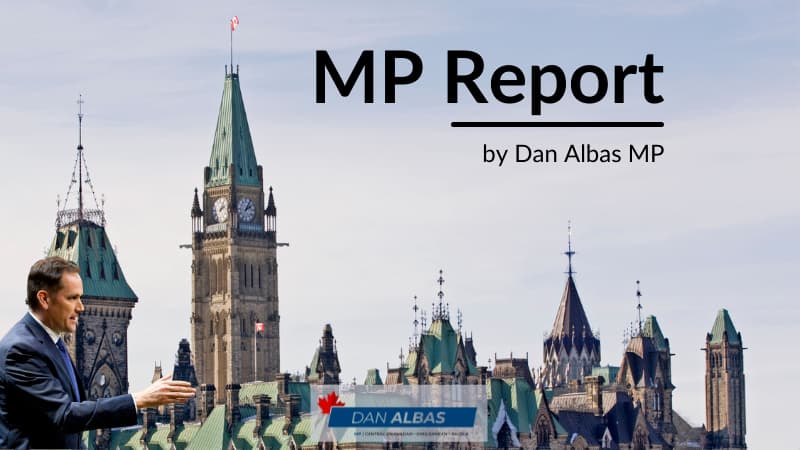Pattern of broken promises

This week, the Trudeau Liberal government presented the 2023 federal budget.
Before I continue, let’s recap last year’s budget.
They called the budget 2022 the “return to fiscal responsibility” budget.
Why? Although it had a deficit of $53 billion, the Liberals said it was “affordable.”
They based this on their claim that they would restrain spending to less than GDP growth.
As I pointed out last year, Prime Minister Trudeau always spends more than planned, increasing our federal deficit.
The 2023 budget follows this pattern of excess spending, as I warned about last year.
Last fall, the Liberals predicted a fiscal plan that would balance in 2027.
However, the new budget has a revised $14 billion deficit in 2027.
The budget promises five more years of deficits, all larger than it promised last fall.
This year, the deficit will hit $43 billion. Over the next three years, Canada’s debt-to-GDP ratio is expected to increase.
The budget proposes about $43 billion in net new spending over the next six years, which includes a one-time grocery rebate, a 40% increase in Canada student grants, a $13-billion plan to expand dental care to families earning less than $90,000 a year, a new 15% refundable tax credit for clean electricity investments, and a refundable 30% tax credit for investments in clean tech manufacturing.
The NDP Finance critic took credit for many of these new spending measures yesterday, citing they stemmed from an agreement between the Trudeau Government and the NDP to support the government on confidence matters.
The Liberals also said they would cut some discretionary spending. Still, it’s unclear if this will make a big enough difference to their finances. Things will be even more tricky if they don’t get enough money from cutting discretionary spending or if revenues drop.
The problem with ongoing deficit spending is that Canada’s interest charges on the debt will hit $43.9 billion this year, an 80% increase from pre-pandemic 2020 levels.
Debt servicing is now higher than our annual budget for the military. By fiscal 2027/2028, interest charges on our debt will exceed $50 billion annually.
Considering these interest costs, the Federal Canada Health Transfer to the provinces will be $49.4 billion this year.
From my perspective, there is a pattern emerging.
In 2015, the Trudeau Liberals promised three years of “modest” deficit spending before a “cast in stone” promise to return to a balanced budget in 2019. They didn’t deliver on this promise.
Last year, the Liberals submitted a “return to fiscal responsibility” budget with a balanced budget promised. One year later, they abandoned this promise.
My question for you this week:
Do you think the Liberal government, supported by the NDP, is doing a good job with the country’s finances?
Contact me at Dan.Albas@parl.gc.ca or call toll-free 1-800-665-8711.